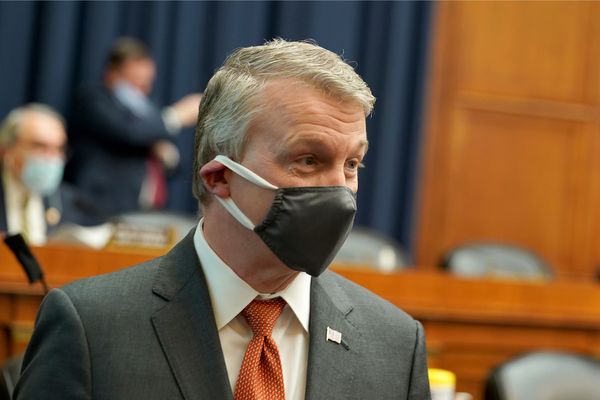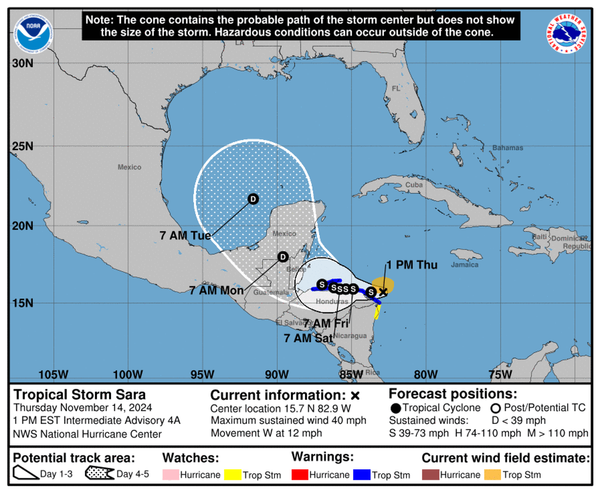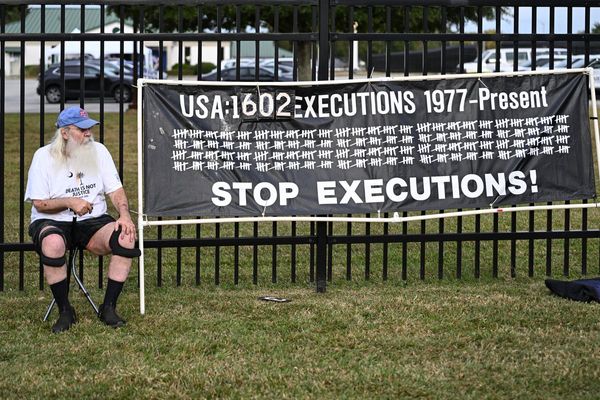
If you think about defamation law as a scale, with freedom of speech at one end and Big Brother at the other, Australia begins the conversation sitting perilously close to the wrong end.
We are, famously, a plaintiff’s paradise, a peculiar claim to fame for a democracy.
Narrowing further in on this scale, there are three points at which defamation law can attack free speech. Most commonly (by far), the only point of entry for a defamation suit comes after the allegedly defamatory material has been published. That, the courts have traditionally said, is as it should be — except in the most exceptional circumstances.
Those circumstances are when the publication of the defamation would be so utterly destructive of the plaintiff’s reputation that the public interest dictates the overriding of the principle of a free press.
Here is the second possible point of intervention: an injunction to prevent publication before it occurs. It is extremely difficult to convince the courts to do this because, you know, free speech.
Glory be, Australia has now located a third, even more pre-emptive point at which a putative plaintiff can get in there and try to stop the media from publishing something they consider defamatory. You wouldn’t have thought it possible, but here we are.
This is thanks to a decision last week by Justice Stephen Rothman of the NSW Supreme Court, ordering The Sydney Morning Herald, The Age and 60 Minutes to hand over to a person they’ve been investigating draft copies of articles and program scripts they might be publishing and broadcasting about, so the plaintiff can see if he doesn’t like it even before the news organisations have decided what to run.
The plaintiff is Double Bay cosmetic surgeon Joseph Ajaka. Good on him for having a crack, but surely his team wasn’t expecting to win this completely unprecedented victory.
The purpose of the order requiring the drafts to be handed over is so Ajaka’s lawyers can review them, and then decide whether they want to try for door number two: the pre-publication injunction. It’s all extremely novel, the idea that journalists should become subject to what is in practical effect a degree of editorial oversight by the very person they’re investigating, which not even their own proprietor would ordinarily exercise.
It is extraordinary. The judge obviously had his reasons, which are logical enough. He hadn’t seen the draft content when he made his decision (on an urgent basis), but concluded on the evidence of what Ajaka was worried Nine was about to publish about him in the story by journalist Adele Ferguson, that it could be so damaging to Ajaka’s reputation that a pre-publication injunction might be justified. It was a short step, I guess he considered, to giving Ajaka the information he said he needed to be able to work out whether he should give the injunction a try.
The media have erupted in predictable anguish: Nine has had the orders stayed and has promised to appeal, and you won’t find support for the court’s decision anywhere much. The claims that this will chill investigative journalism and is an existential risk to press freedom are for a change not overblown.
The courts have to perform delicate balancing acts all the time, and the contest between free speech and personal reputation is a particularly challenging one. It is true that, once published, dirt never quite goes away. In very rare cases, there is a good argument for preventing the defamation before it happens.
But going that extra step, allowing an outsider inside the editing suite — wow, that is big.
We’ll have to wait for the inevitable appeal and whether this groundbreaking judgment survives, but what we can say in the meantime is that it has taken Australia another long distance down the scale away from free speech and toward the all-embracing arms of the Orwellian nightmare.







